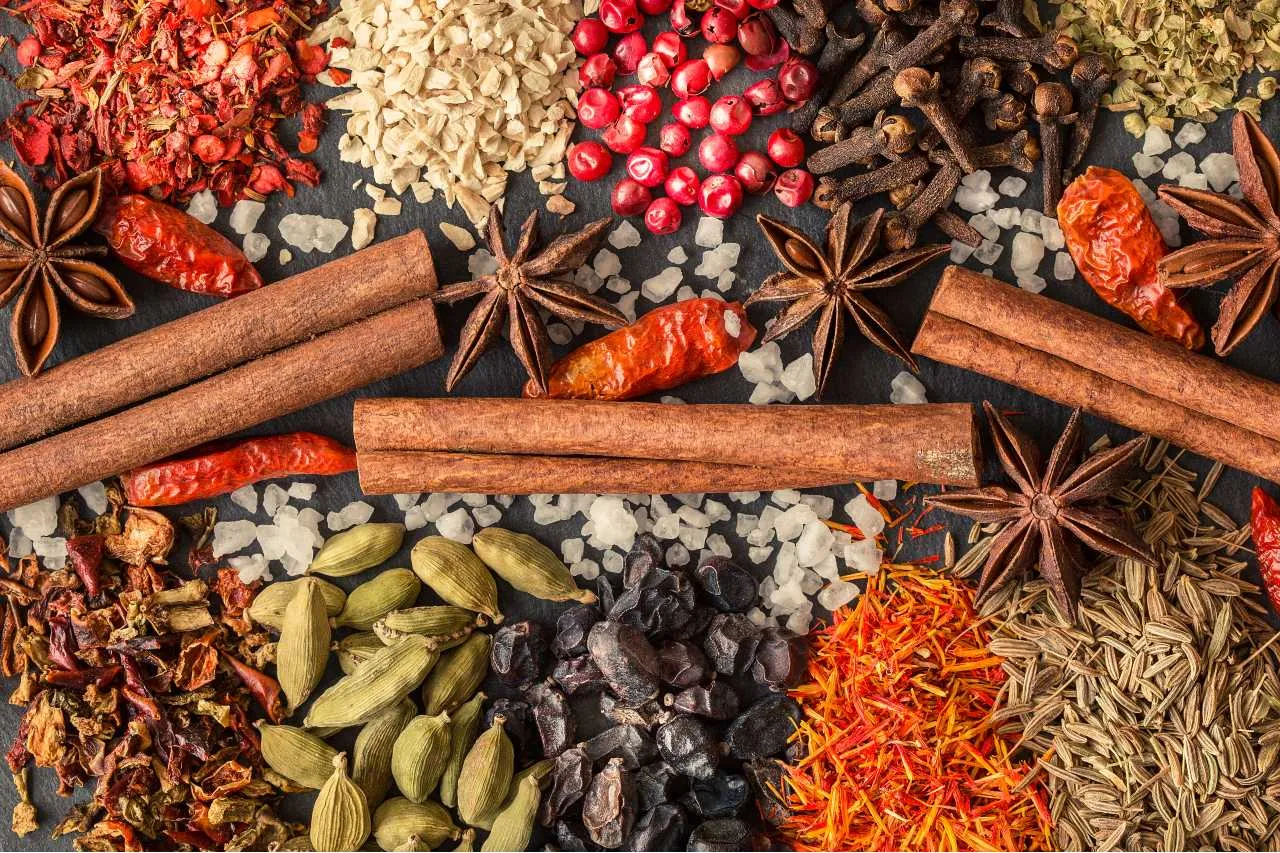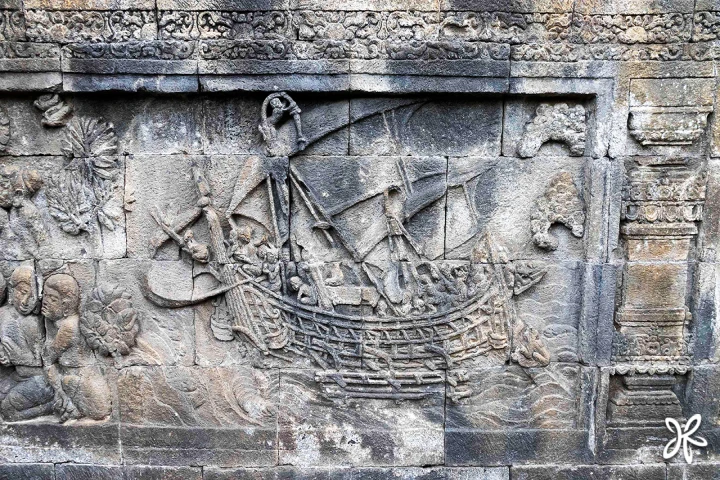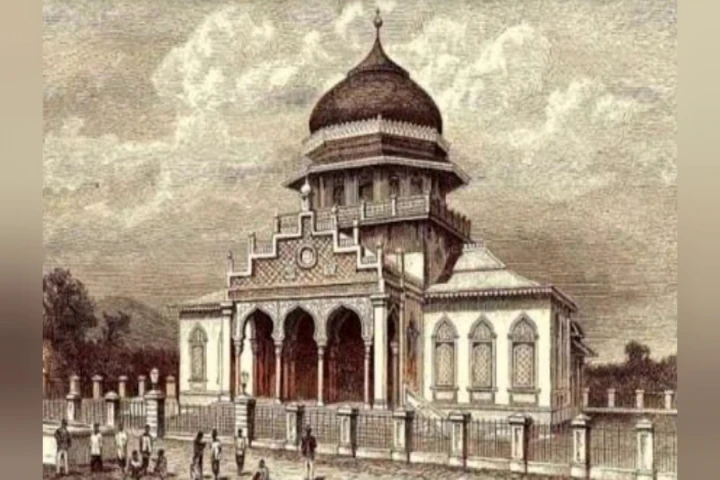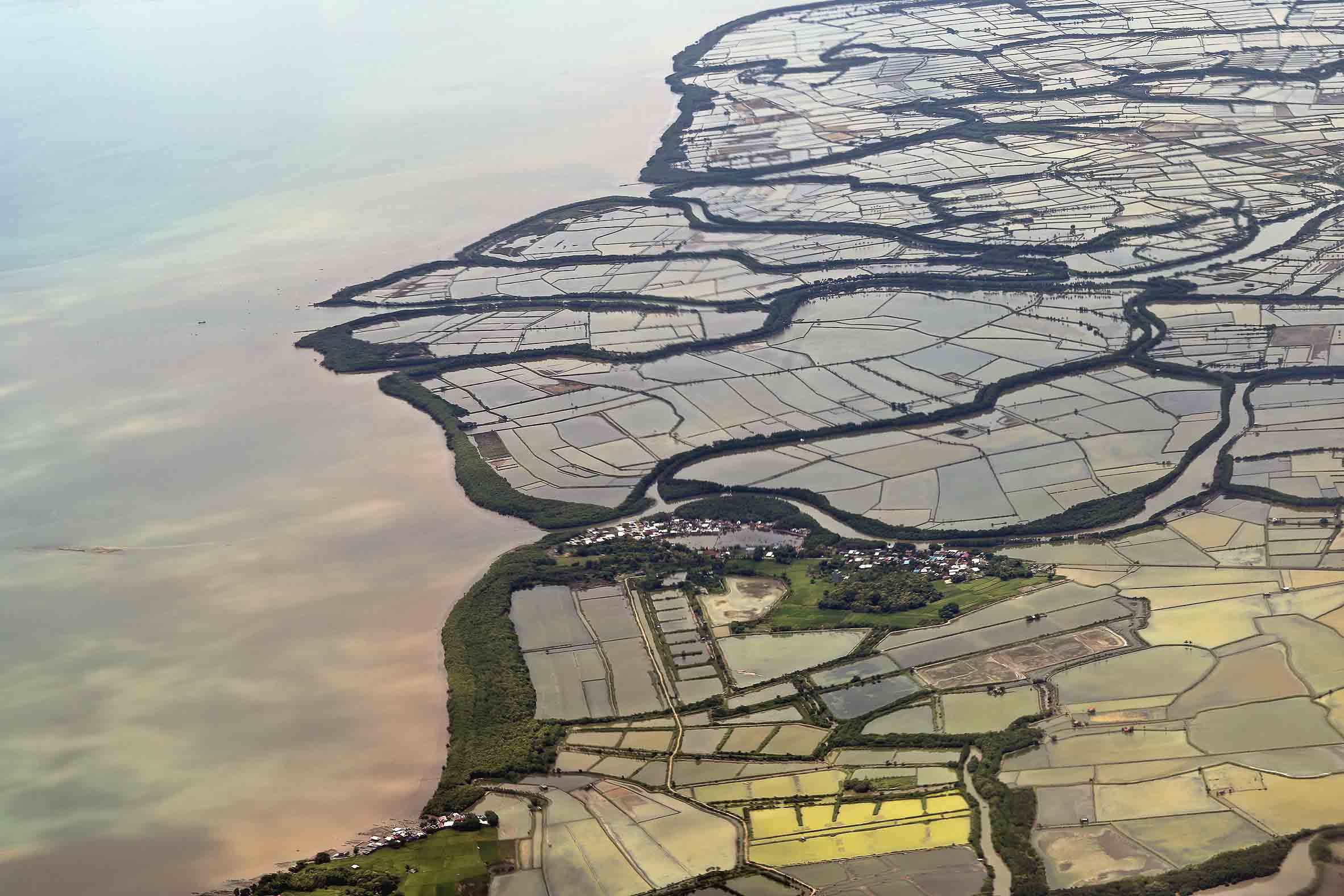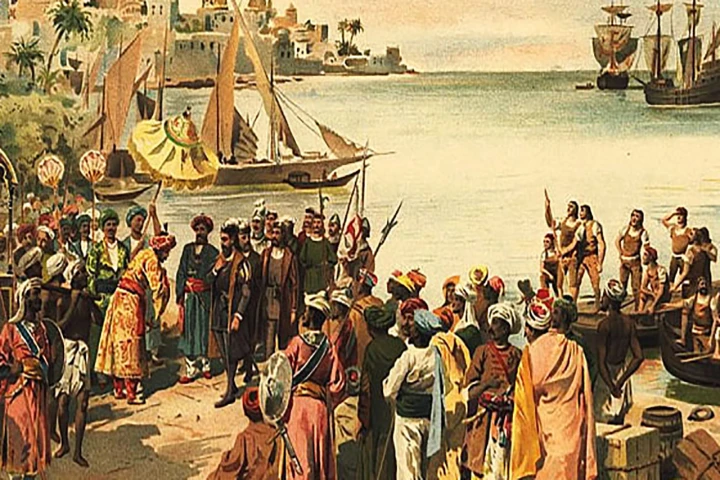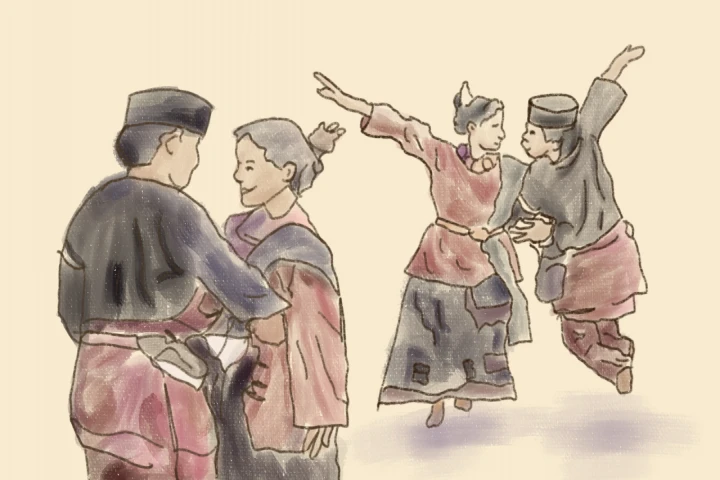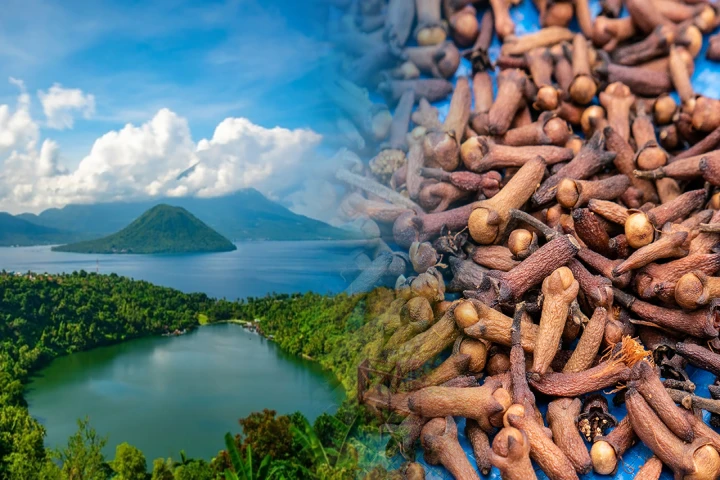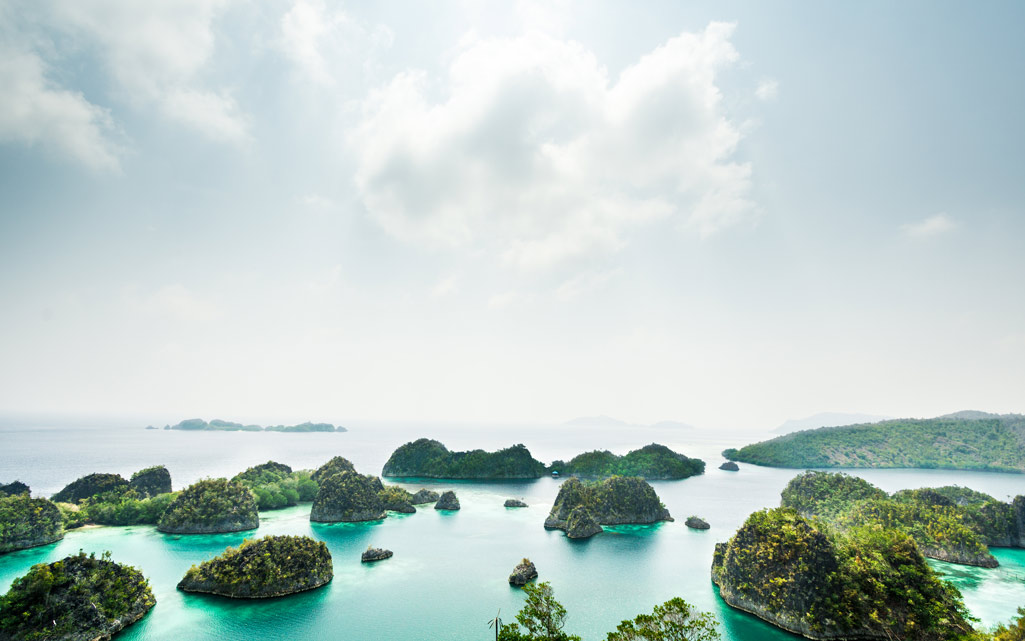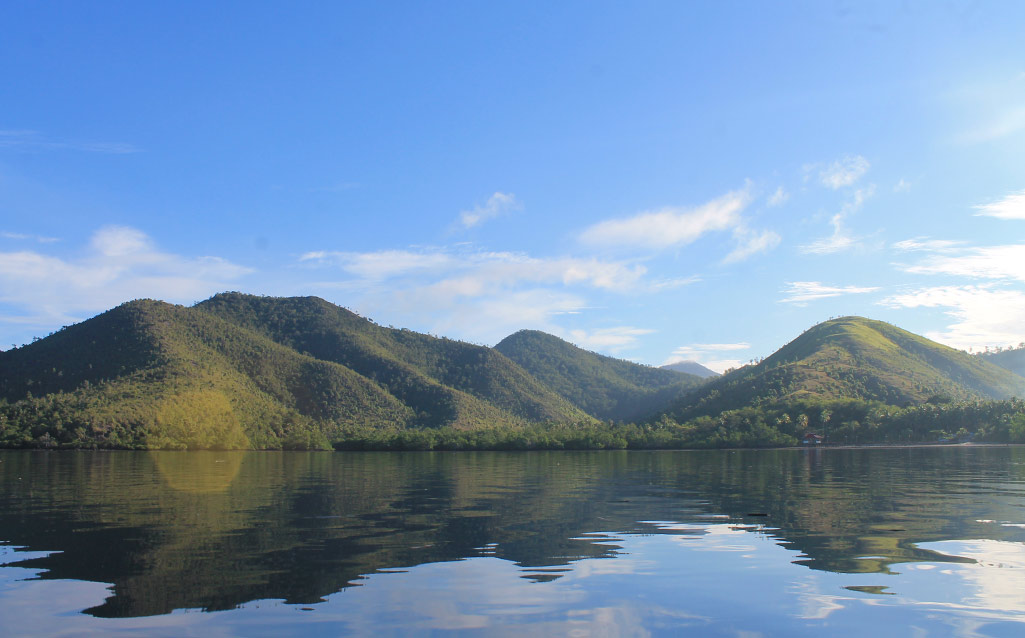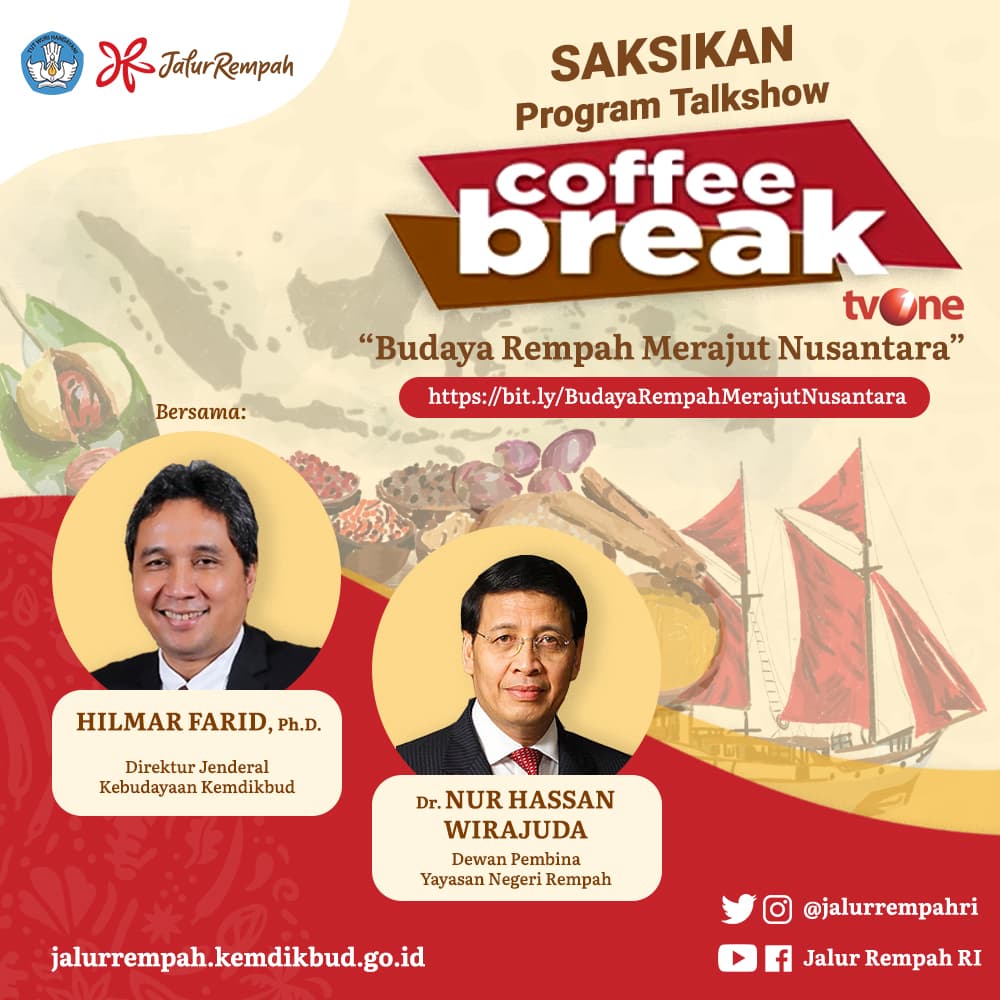
Nusantara Spice Culture had run more than 4000 years ago, where the interaction among nations and tribes in Nusantara occurred due to the spice trades. The Directorate-general of Culture of the Ministry of Education and Culture tries to bring back the Spice Routes narration. It is an effort to link the present culture with the relationship and intercultural history from the past, long before Indonesia was formed.
In the Coffee Break program on TV One, Tuesday (15/12), Hilmar Farid, the Directorate-general of Culture, presented the main idea behind the effort of bringing back the Spice Routes.
“Spice Routes are ancient sea trade routes. It is more than 4000 years old, and it stretched from Polinesia in the east to the east coast of Africa. Within thousands of years, the people of Nusantara sailed through the oceans, to the east coast of India, and then to Madagascar, Africa. So, it becomes interesting that we can see it through languages that have some similarities with the language we find in Nusantara. So, it is more than spice trades; there were cultural exchanges which occurred within the lengthy period,” said Hilmar.
Hilmar added that the Directorate-general of Culture had started the program three years ago. They have conducted intense research on the Spice Routes’ points, port identifications, towns, and obtaining precious findings.
“So, the Spice Routes’s mission is to bring back the cultural exchanges that had existed thousands of years ago,” stated the Bonn-born guy.
Nur Hassan Wirajuda, the Advisory Board’s Chairman of Negeri Rempah Foundation, also came to the event. This former member of the Presidential Advisory Council for Foreign Affairs of Indonesia explained why the Spice Routes program was essential.
“To emphasize the significant role of Nusantara kingdoms in international trades as well as showing our strategic location in history, trades played a significant role in cross cultures. Thus, we show that the diverse civilizations world ran peacefully in Indonesia,” explained Nur Hasan.
Hasan Wirajuda added that the program tries to look back at Indonesia’s wealth. “We are eager to make people aware of the eminence of our country, including culture, magnificent nature, people, diversity, and values.”
At the end of the session, Hilmar said that besides building awareness, his goal was to build a maritime-oriented future.
“I target people. We all realize that this is essential. We also see numerous beneficial things in the future, (for) it is not about history. It is also about the future. Suppose we focus more on oceans and islands; I believe that Indonesia will be a great power,” closed Hilmar.
Text: Doni Ahmadi
Editor: Tiya Septiawati
Translator: Dhiani Probhosiwi
